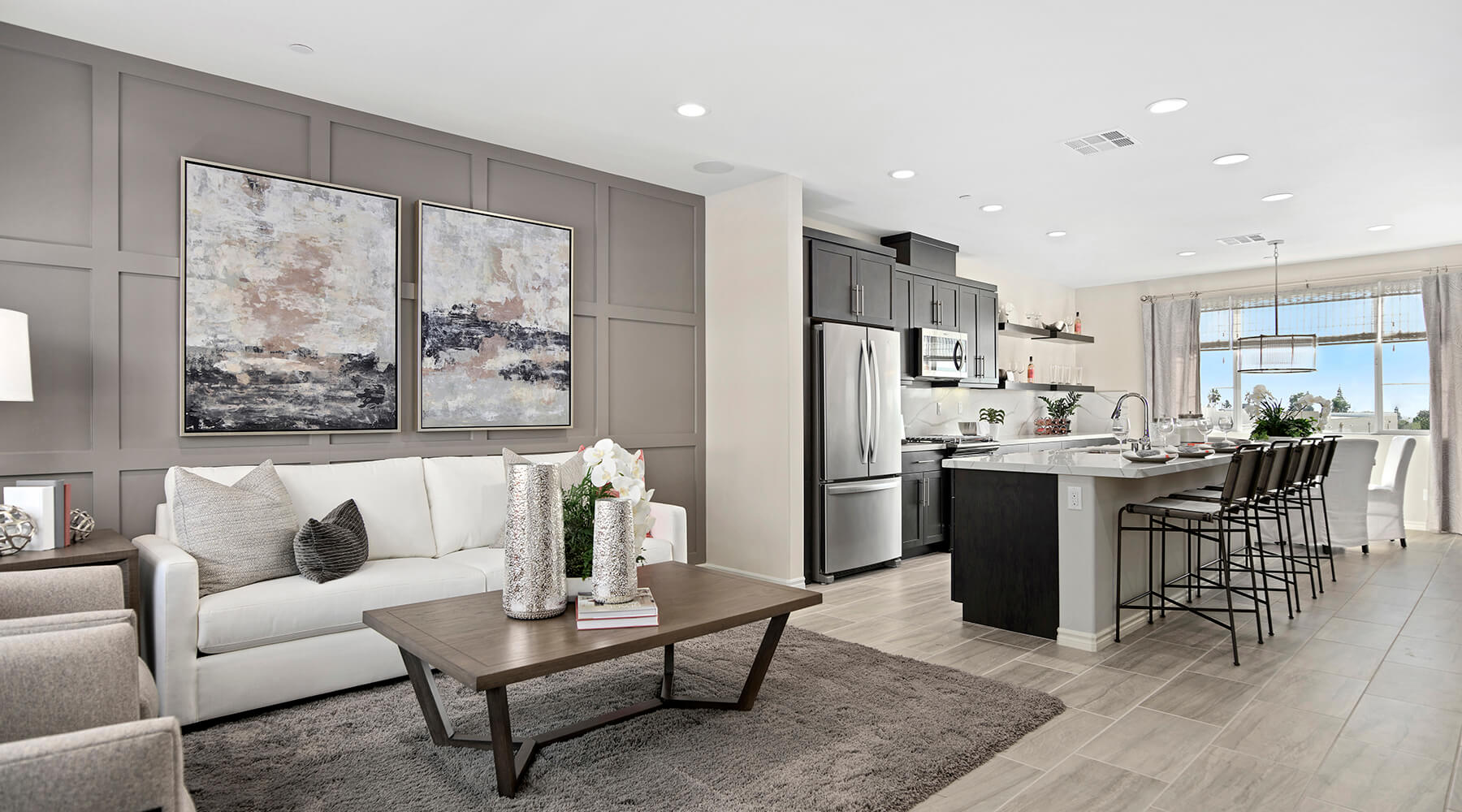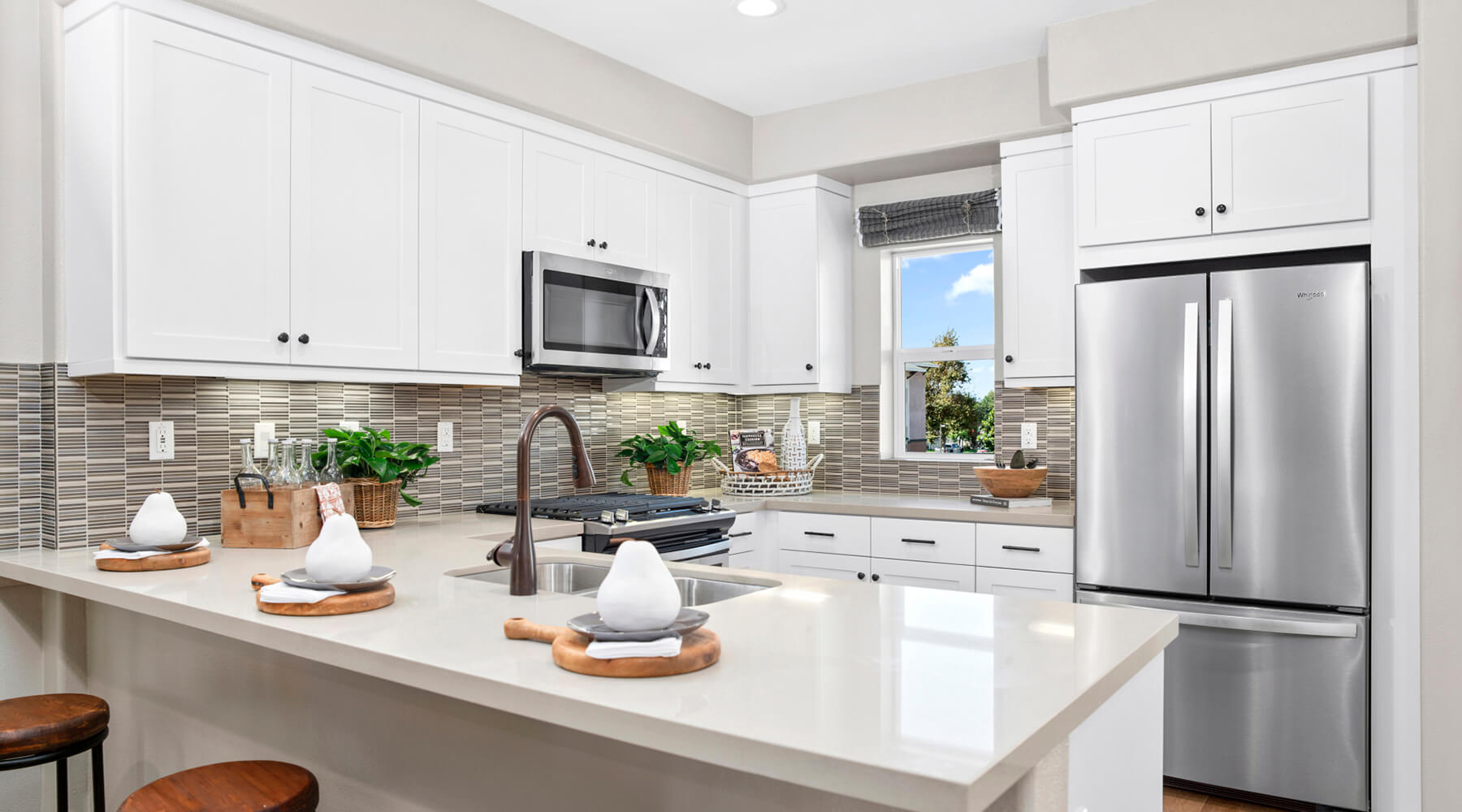There Are Both Benefits and Drawbacks of Buying a House with a Friend
Mar. 13, 2017

According to the 2015 Profile of Home Buyers and Sellers, from the National Association of Realtors, nearly 400,000 couples who bought homes during that year did so outside of a traditional marriage. But is it a good idea to buy a house with a friend? It can be. Here is a look at some of the benefits and drawbacks of such a situation.
Benefits
As stated in a report from Money Crashers, many of the benefits of buying a house with a friend are financial ones. It may be easier to qualify for a home loan, as lenders will consider the combined income, and will take an average of your credit score. It will also be easier to come up with a good down payment if you’re both contributing. The longer you and your friend make mortgage payments together, Money Crashers adds, the more equity you build up, meaning that when it comes time to part ways, you can split that equity and both have money to put towards a down payment on your next home. One or both of you may also be able to deduct the interest of your mortgage from your taxes, which is particularly attractive to those with higher incomes. Not to mention, you’ll be saving money by splitting monthly expenses, maintenance of the home, and the cost of repairs.
An article from The New York Times revealed that friends who buy a house together are able to get “more bang for their buck” — a bigger or nicer house or even a home in a nicer area — by pooling their resources. A group of friends interviewed for the article noted that the arrangement went well once they each got comfortable with the notion of being very transparent with their personal finances during the mortgage process. That open communication continued to be an important component of sharing a living space after they took possession of the home.
The Drawbacks
Communication also weighs in heavily on the drawbacks of buying a home with a friend. Lack of communication, that is. From the time you move in, there are bound to be disagreements over such issues as who gets the bigger room, whose decorating style is most reflected throughout the home, and more. The big problems arise when disagreements get to the point where one party no longer wants to live with the other. Unlike a rental situation, you can’t just pack up and move when you share a home.
Further, what happens if the friend you bought the home with is not responsible about making their portion of the payments? You will either have to make the payments yourself or face potential damage to your credit score and difficulty in the future with getting a loan.
The National Association of Realtors recommends getting the ins-and-outs of the arrangement in writing through a tenants in common agreement. This agreement spells out who pays for what regarding the mortgage, taxes, and home repairs. It also states who gets the tax deduction and lays down the rules for how the home will be shared, who makes decisions regarding repairs, and other issues that could arise and impact the arrangement negatively.
The Bottom Line
If you’re buying a home with a friend, you should both look forward to the financial benefits, as well as the benefits of companionship that come from having a shared space together. However, you should also prepare for the drawbacks. Ask the hard questions before you even begin the process and remember that communication is a must going forward.
For more information about home ownership and affordable new homes in southern California, contact us.





